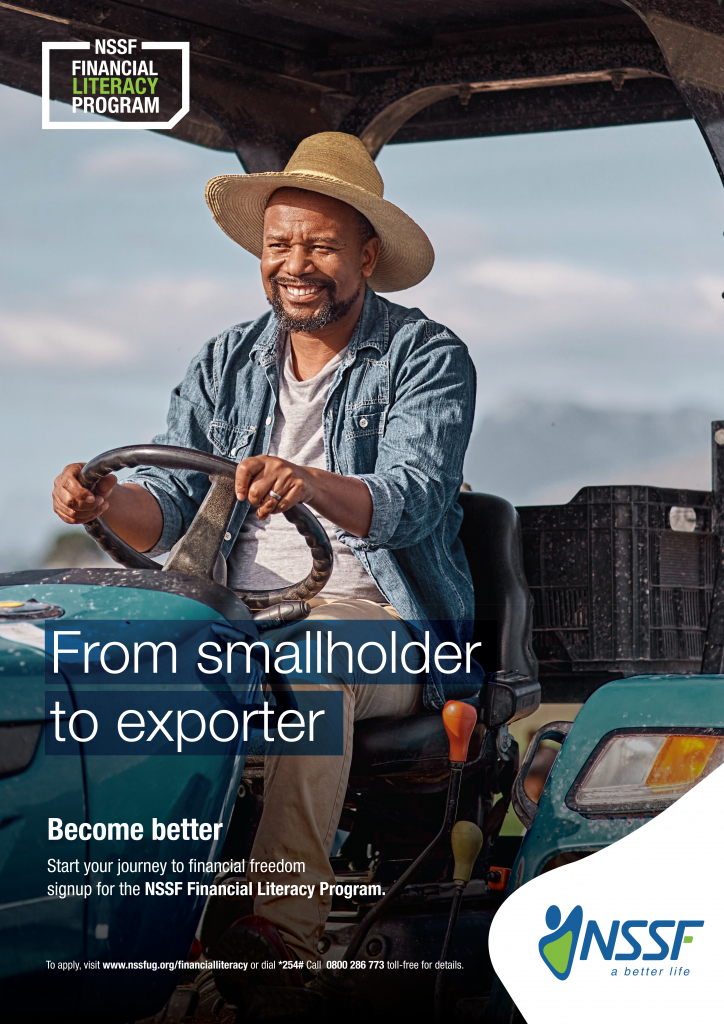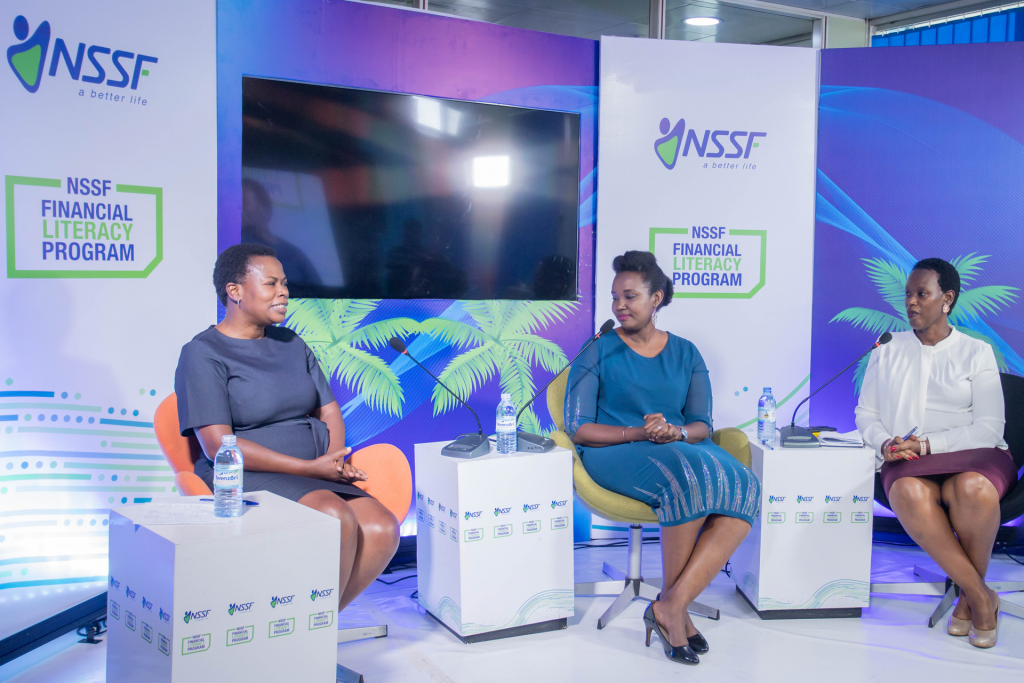
Menu

The Fund has a deliberate strategy to offer a Financial Wellness programme for all members

This research demonstrated that for NSSF members to sustainably benefit from their savings, they must plan and seek expert advice to avoid loss of their life savings because of poor decision-making.
The Fund has a deliberate strategy to offer a Financial Wellness programme for all members

This research demonstrated that for NSSF members to sustainably benefit from their savings, they must plan and seek expert advice to avoid loss of their life savings because of poor decision-making.

Various financial experts have graced our programme, giving advice to our members on how to manage their finances

Despite seven out of 10 Ugandans knowing the importance of saving, only six out of 10 adults save, and mainly for food.
As a result, almost half of the working population – which is about 22 million – have no formal saving mechanism according to the Bank of Uganda Financial Capability Survey.
In the “Now You Can” universe, we are providing the tools to empower our customers and the public to build financial lives and achieve their life savings dreams in the short- and long-term.
As a result, we registered an uptake of 445,309 participants in our Financial Literacy programme to a target of 150,000 compared to 67,272 uptakes in the previous financial year. We also reached 1,508,000 individuals compared to 1,489,000 in the financial year 2020/21 and graduated 679 participants from the Financial Literacy cohort programmes.

Various financial experts have graced our programme, giving advice to our members on how to manage their finances

Despite seven out of 10 Ugandans knowing the importance of saving, only six out of 10 adults save, and mainly for food.
As a result, almost half of the working population – which is about 22 million – have no formal saving mechanism according to the Bank of Uganda Financial Capability Survey.
In the “Now You Can” universe, we are providing the tools to empower our customers and the public to build financial lives and achieve their life savings dreams in the short- and long-term.
As a result, we registered an uptake of 445,309 participants in our Financial Literacy programme to a target of 150,000 compared to 67,272 uptakes in the previous financial year. We also reached 1,508,000 individuals compared to 1,489,000 in the financial year 2020/21 and graduated 679 participants from the Financial Literacy cohort programmes.
The programme is implemented through a series of initiatives that include the following:





The programme is implemented through a series of initiatives that include the following:





